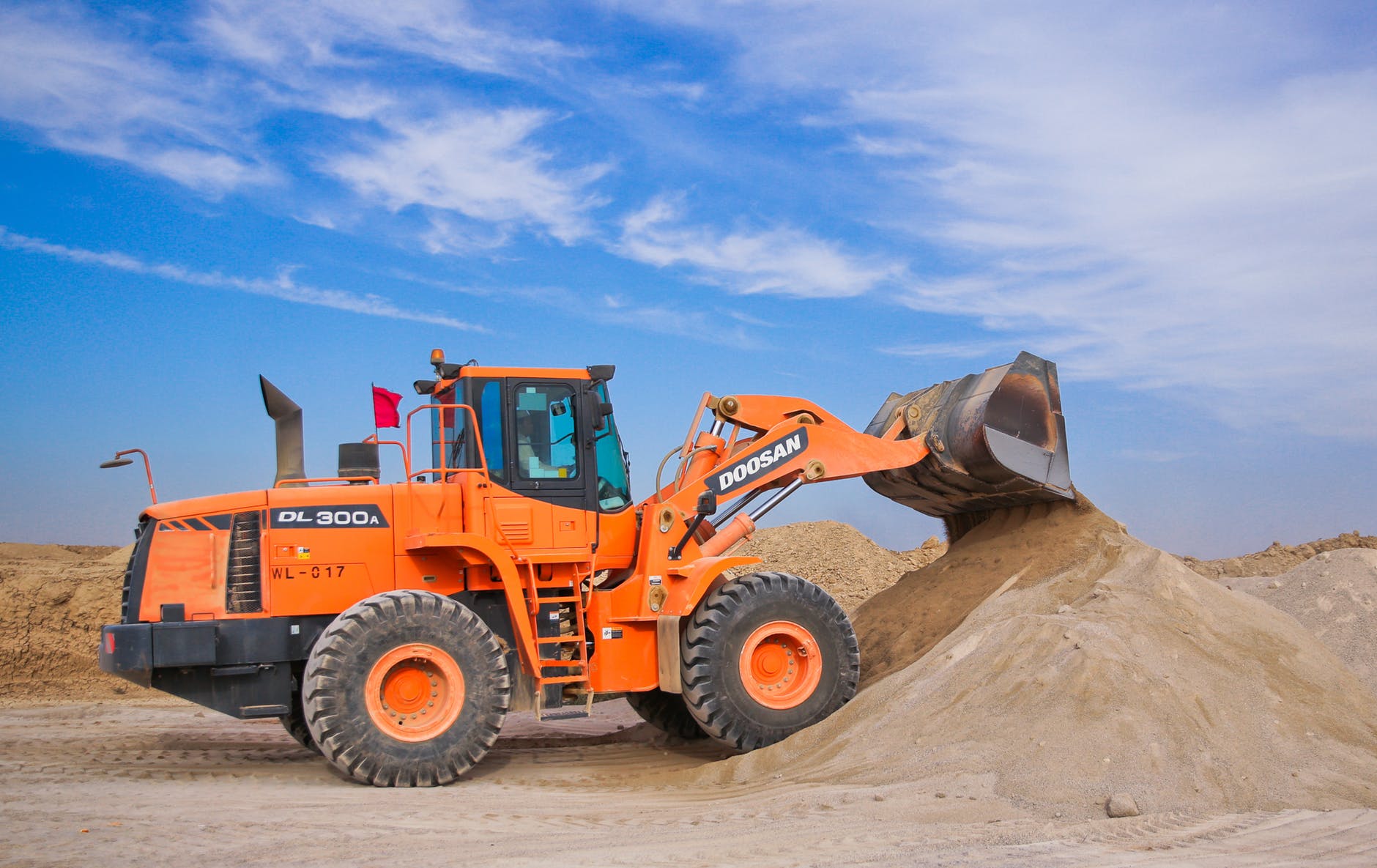
Excavators are very useful machinery which has been enhanced and modified over the years to make them multipurpose equipment for digging, trenching, clearing, lifting and more. Buying a brand new excavator can be very expensive and may not be economical. Buying a used excavator, on the other hand, is definitely cheaper and there is absolutely no reason for you to compromise on quality. Whether buying a compact excavator or a smaller mini-excavator it is important to properly inspect the equipment before buying.
Buying Used Equipment that has been properly maintained means that you won’t have to spend more money on repairs and replacement parts. You also won’t waste time with equipment downtime as you get the issues fixed. In case you don’t have the know-how to properly inspect the equipment on your own, enlist the help of a qualified mechanic or excavator operator.
Visual inspection:
The first thing to do before purchase is to carry out a thorough physical inspection of the equipment. Some things to look out for include;
Leaks in the hydraulics – Make sure there aren’t any leaks in the hydraulic pump compartment, hydraulic lines, cylinder, and hoses. Check for oil seepage in the stick and boom. Other parts that are prone to leaks are the slew ring or swing bearing and swivel joint. To ensure the safe operation of the equipment, any leaks should be quickly identified and repaired.
Cracks and Dents - Some amount of wear and tear is expected for used equipment but when there are cracks, dents or signs of corrosion in important moving parts or key connection points it’s definitely a red flag. Keep an eye out for signs of rust and hairline cracks. Also, check the undercarriage of the excavator for any signs of damage. Any cracks and dents should be addressed immediately. Also check for scalloping in the bucket teeth, in some cases scalloping may indicate that it’s time to replace the bucket.
Check the fluids and Lubricants – Fluids and lubricants play a crucial role in the optimal operation of the equipment. Therefore it is important to carry out fluid checks for transmission fluid, coolant, engine oil, hydraulic fluid and more. Contaminated fluids can be a sign of improper maintenance of the machinery.
Inspect the Tracks or Tires - Since the tracks or tires move a lot and may be exposed to heat, they should be carefully inspected for any cracks or excessive loss of tension in the case of tracks.
While some of the more obvious issues can be identified with a visual inspection of the machinery, you still have to run a series of operational checks to ensure that the equipment is in a good working condition.
Test Movement and Play of the excavator – Start the equipment and make sure that there is no smoke coming out of the engine. Run some checks to simulate the operation of the equipment, for example, moving the boom while using the bucket as an anchor, opening and closing the bucket, swinging the upper body of the excavator through its full range of motion and more. If you detect any issues in the movement that hampers the smooth working of the excavator then
rethink buying that particular equipment.
Hours Meter – The Hours meter tracks and logs the operation time of the equipment. Make sure the hour's meter is operational and also make sure that the number of hours logged isn’t too close to the recommended upper limit for that particular machinery. Be wary of any signs of tampering of the hour's meter.
Most equipment owners keep a proper record of all the maintenance tasks done. Ask the previous owner for any maintenance records or oil sample records and check them thoroughly. Buy a used excavator from a trusted dealer to avoid any issues with the equipment in the future.
Get in touch with Machinery Planet if you are looking for Heavy Machinery for sale or rent. We offer a selection of Used Excavator for Sale in Dubai.